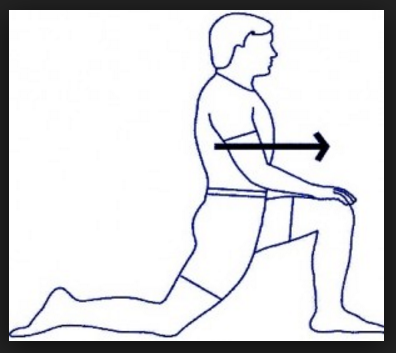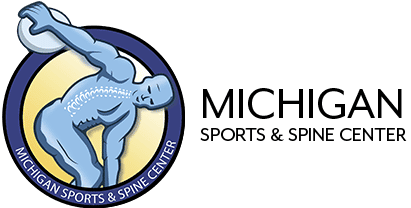Avoid Hip Flexor Injuries & Strains with These Simple Tips

The hip flexors are a collection of muscles that work together to allow you to flex your hip joint, which includes actions like bending at the waist and lifting your knees. The primary muscles required for hip flexion are the psoas major and the iliacus muscle, commonly known as the iliopsoas, and the rectus femoris and sartorius. In addition to these primary movers, some of the gluteal and adductor muscles are also engaged.
Hip flexor pain, which is common among athletes, can come from a number of sources, including:
- Inflammation in any of the primary movers
- Muscle strain from activity
- Muscle tightness from inactivity (like sitting for long periods of time)
- Lack of stretching
- Trauma or a fall
Hip Flexor Pain Treatments
Stretch – Actively stretching before any activity, including just walking, can help elongate the hip flexor muscles and reduce tightening. This will help relieve some of the pain you already feel and prevent further injury from occurring.
Strengthen – In addition to stretching, strengthening weak hip flexor muscles will help reduce pain and prevent future injury.
Stay Active – Although it is important to rest injured muscles, staying completely inactive will only allow hip flexors to stay tight and painful. Avoid sitting for prolonged periods and talk your doctor or physical therapist about the appropriate level of activity for your injury. If you work at a desk all day long, make sure to take frequent breaks and walk and stretch to work those muscles.
Pain Medication – If you have a severe injury with extreme pain, your doctor might recommend the use NSAIDs to decrease inflammation and help control pain.
Cold Therapy – Like many other types of muscle strains, cold therapy is often recommended to help reduce swelling and mitigate pain.
Compression – Compression around the injured muscles and surrounding tissues will help reduce swelling. If you use active compression, you will get the added benefit of edema removal and better blood flow, both of which contribute to a faster recovery.
Whether you run, play hockey, sit at a desk all day, or find yourself somewhere in between those extremes; if you take the time to warm up, stretch, and stay flexible, you should be able to avoid hip flexor pain.
If the pain becomes worse or doesn’t resolve in 72 hours, seek care from a Physical Medicine & Rehabilitation physician. Call Michigan Sports & Spine Center at 248-680-9000 for a consultation.
ABOUT MICHIGAN SPORTS & SPINE CENTER:
We’re innovative leaders utilizing cutting-edge technologies such as musculoskeletal ultrasounds, PRP, stem cell treatment, and other innovative procedures. Michigan Sports & Spine Center is committed to resolving your pain, not simply masking it. We treat the whole body, not just the injury, and perform preventative treatment so your injury doesn’t come back. Our studies prove that Michigan Sports & Spine Center has patient success rates much higher than the national average. We treat everyone from high-profile athletes to your neighbor next door. Our primary focus is getting our patients back into the game of life!
